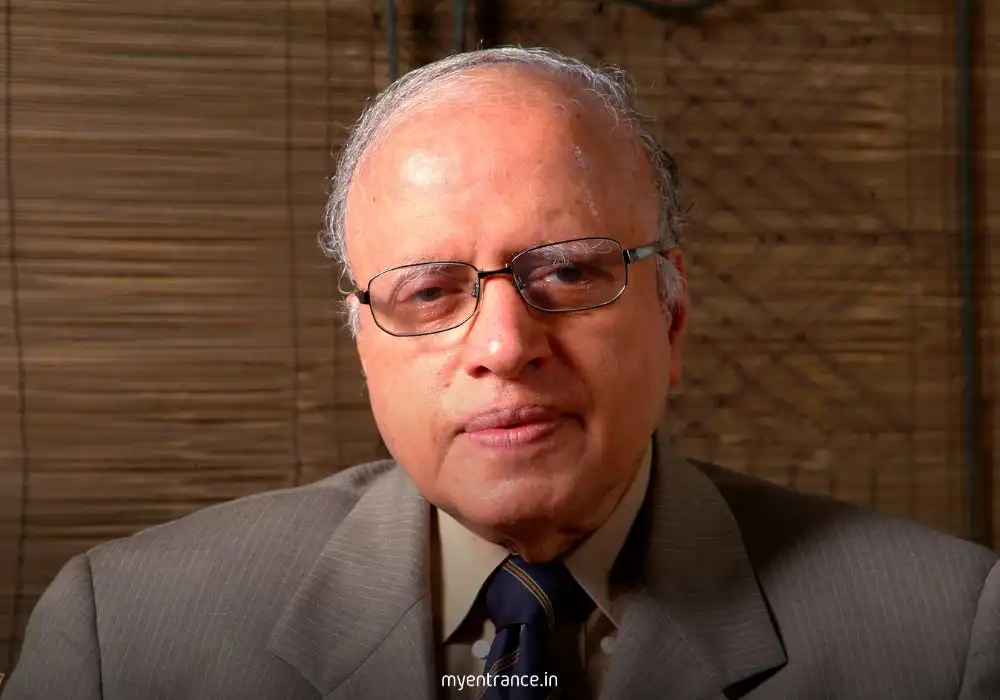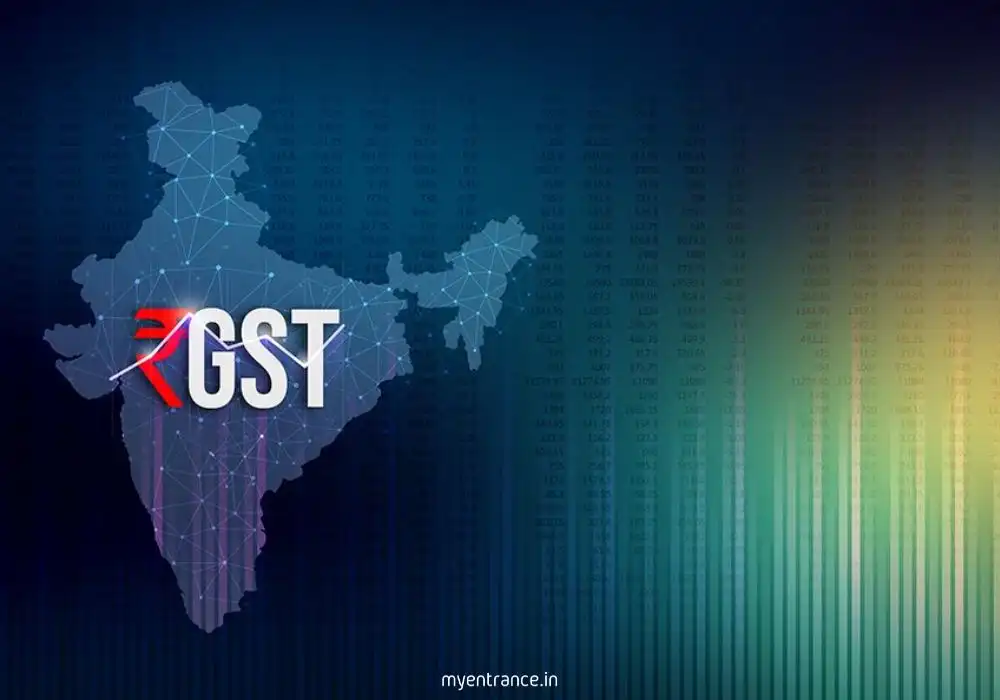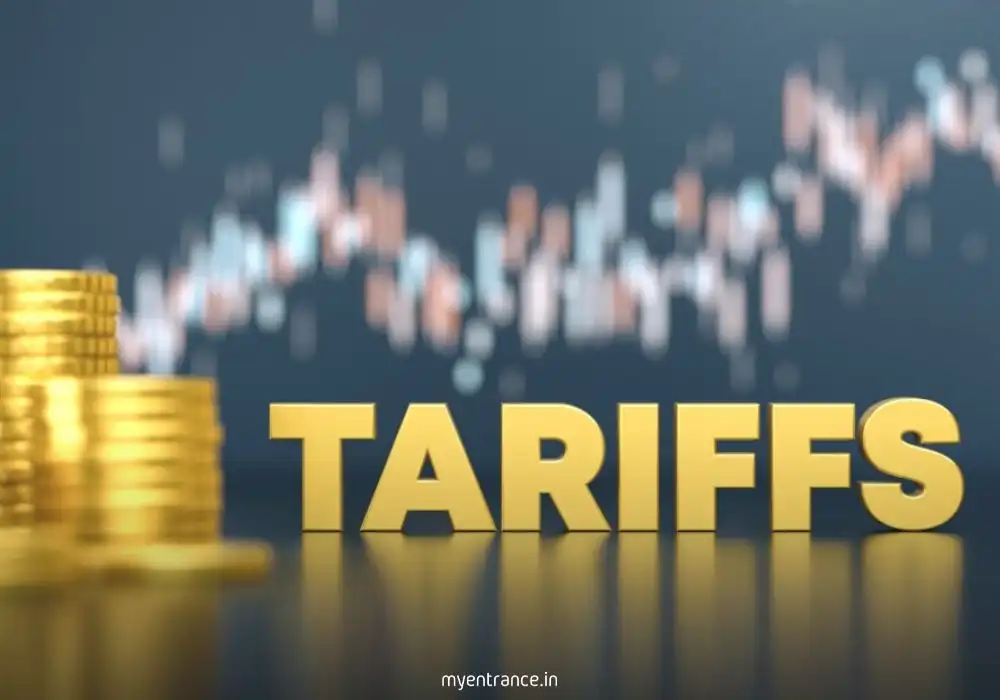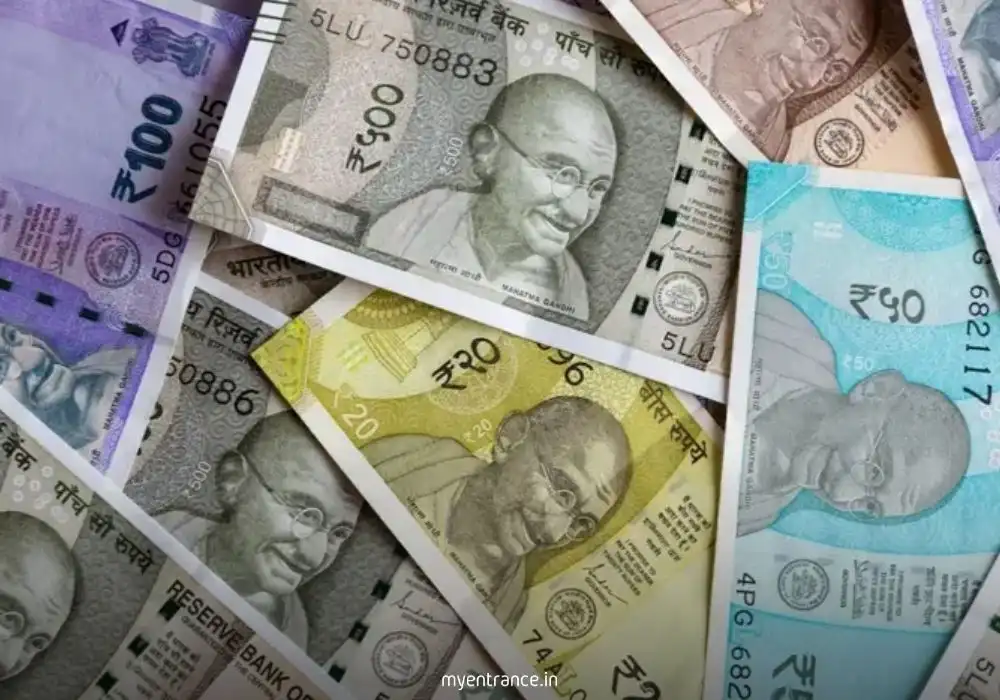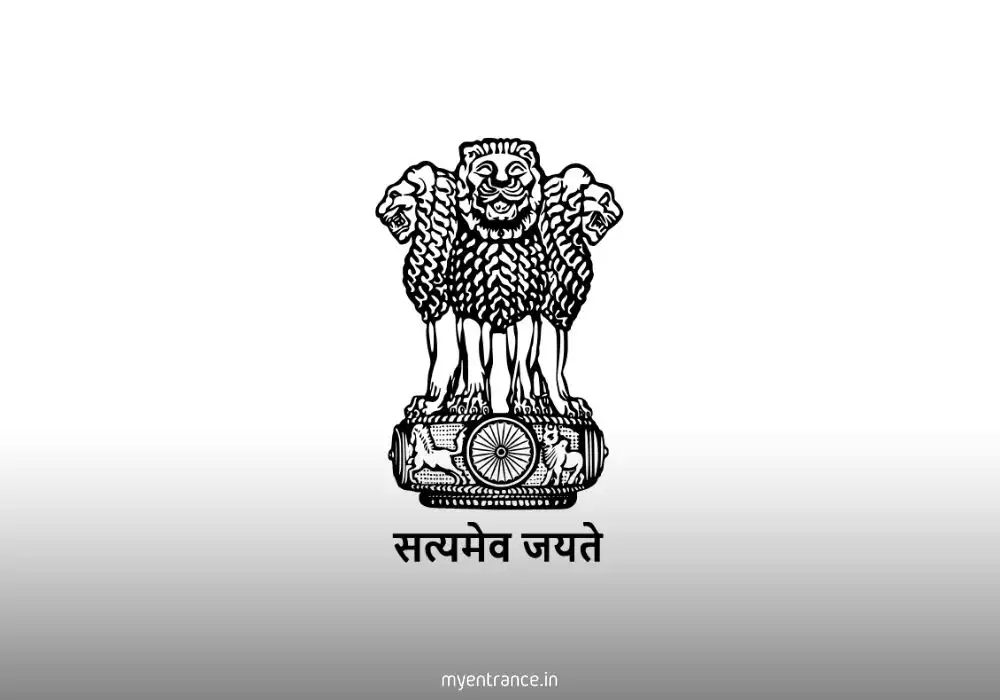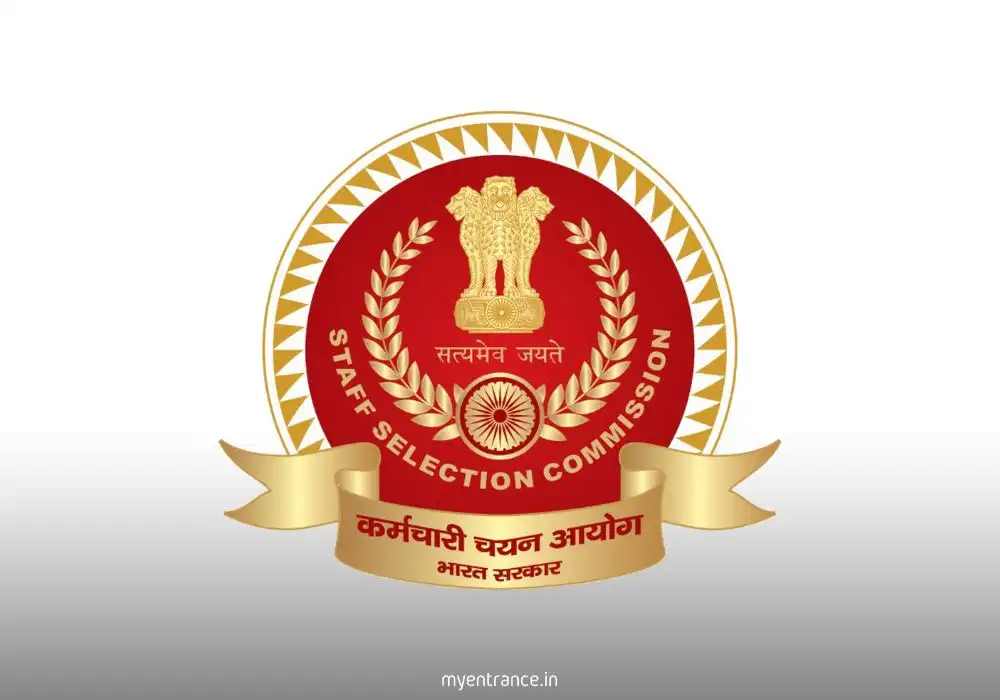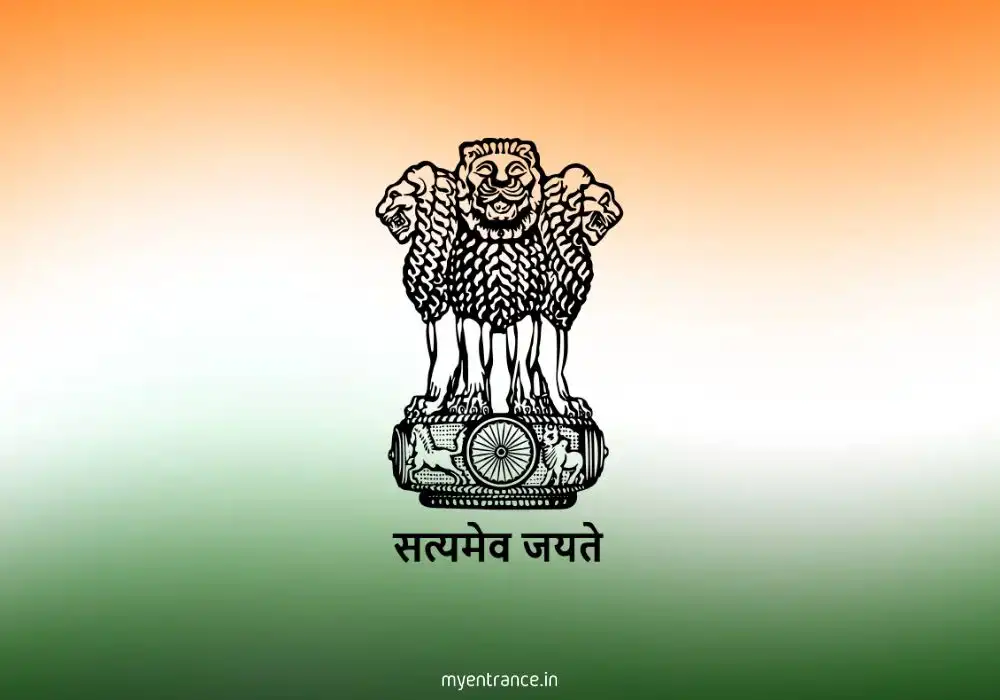Translate Language
Indian Institutes of Technology (IITs) – A Complete Guide for Aspirants
The Indian Institutes of Technology (IITs) are India’s most prestigious engineering and technology institutions, renowned for their rigorous academic programs, cutting-edge research, and exceptional alumni network. Governed by the Institutes of Technology Act, 1961, these autonomous public universities are declared Institutions of National Importance, playing a pivotal role in shaping India’s technological and scientific advancements.
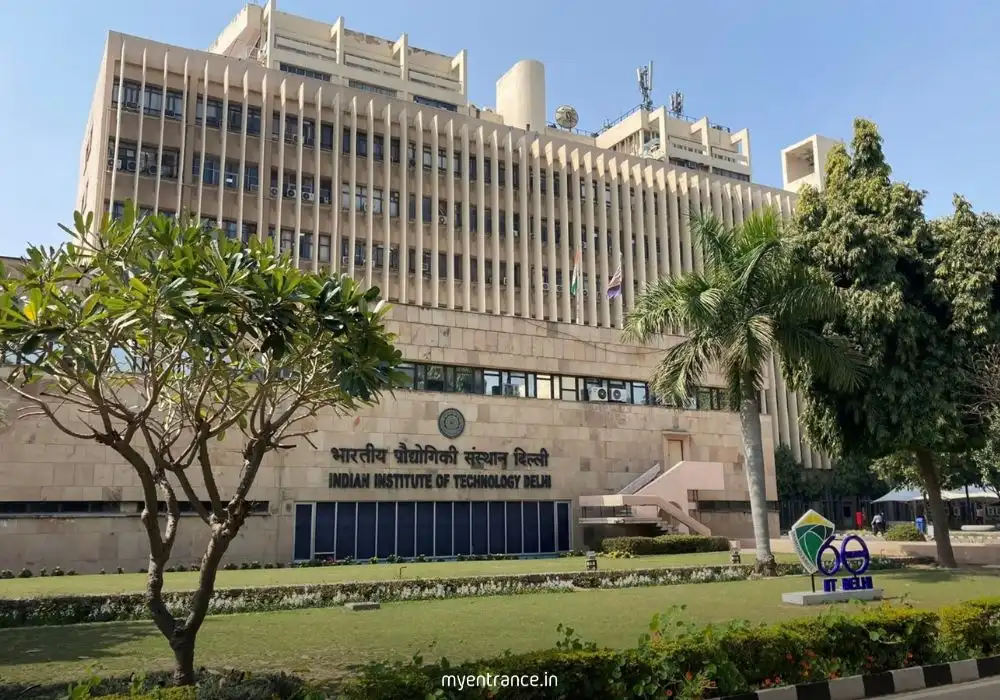
About IITs – An In-Depth Overview
1. Historical Background
The IITs were conceptualized to foster technical excellence in post-independence India. The first IIT Kharagpur was established in 1951, inspired by the Massachusetts Institute of Technology (MIT). Over the years, more IITs were added, and today, 23 IITs operate across India, including:
IIT Bombay (1958)
IIT Madras (1959)
IIT Kanpur (1959)
IIT Delhi (1961)
These institutions were created to develop skilled engineers and scientists, driving India’s industrial and technological growth.
2. Admissions & Entrance Exams
Getting into an IIT is highly competitive. The admission process includes:
Undergraduate Programs (B.Tech)
JEE Main (conducted by NTA) – First screening test.
JEE Advanced (conducted by IITs) – Only the top 2.5 lakh JEE Main qualifiers can appear.
Postgraduate Programs (M.Tech, Ph.D.)
GATE (Graduate Aptitude Test in Engineering) – For M.Tech admissions.
CEED (Common Entrance Exam for Design) – For design courses.
CAT (Common Admission Test) – For MBA programs at IITs like SJMSOM, IIT Bombay.
3. Academics & Research
IITs offer a wide range of programs:
B.Tech, M.Tech, Dual Degree, M.Sc, MBA, Ph.D.
Interdisciplinary courses in AI, Nanotech, Quantum Computing, and Renewable Energy.
Research Initiatives:
Collaborations with MIT, Stanford, and global tech giants.
Incubation centers supporting startups (e.g., IIT Madras Research Park).
4. Global Rankings & Recognition
IITs consistently rank among the top engineering institutions worldwide:
QS World Rankings 2025: IIT Bombay, Delhi, and Madras in top 250.
Times Higher Education (THE): Strong presence in engineering & tech categories.
5. Notable Alumni & Impact
IITians have excelled globally in tech, business, and governance:
Sundar Pichai (Google & Alphabet CEO)
Arvind Krishna (IBM CEO)
Narayana Murthy (Infosys Co-founder)
Raghuram Rajan (Former RBI Governor)
6. Governance & Autonomy
Each IIT is governed by a Board of Governors, ensuring academic freedom while maintaining high standards. The Council of IITs, headed by India’s Education Minister, oversees policy decisions.
7. Challenges & Future Prospects
Despite their success, IITs face:
Faculty shortages
Need for more research-focused initiatives
Improving diversity & reducing dropout rates
Efforts like the India Semiconductor Mission and National Quantum Computing Initiative aim to strengthen IITs’ role in futuristic technologies.
Questions & Answers for Competitive Exams
Q1. When was the first IIT established, and where?
Ans: The first IIT, IIT Kharagpur, was established in 1951.
Q2. Which exam is required for admission into IITs for B.Tech programs?
Ans: JEE Advanced, after qualifying JEE Main.
Q3. Name one global ranking where IITs feature prominently.
Ans: QS World University Rankings (IIT Bombay, Delhi, Madras in top 250).
Q4. Who is a famous IIT alumnus currently leading a major tech company?
Ans: Sundar Pichai (CEO of Google & Alphabet).
Q5. What is the role of GATE in IIT admissions?
Ans: GATE (Graduate Aptitude Test in Engineering) is required for M.Tech admissions at IITs.
The IITs remain India’s crown jewels in engineering and technology education, producing leaders who shape industries worldwide. For exam aspirants, understanding their structure, history, and impact is essential for current affairs and GK sections.
For more exam-focused content, mock tests, and daily quizzes, visit MyEntrance.in – your ultimate guide to cracking SSC, PSC, UPSC, NID, NIFT, KAS, and more!
Get 3 Months Free Access for SSC, PSC, NIFT & NID
Boost your exam prep!
Use offer code WELCOME28 to get 3 months free subscription. Start preparing today!
